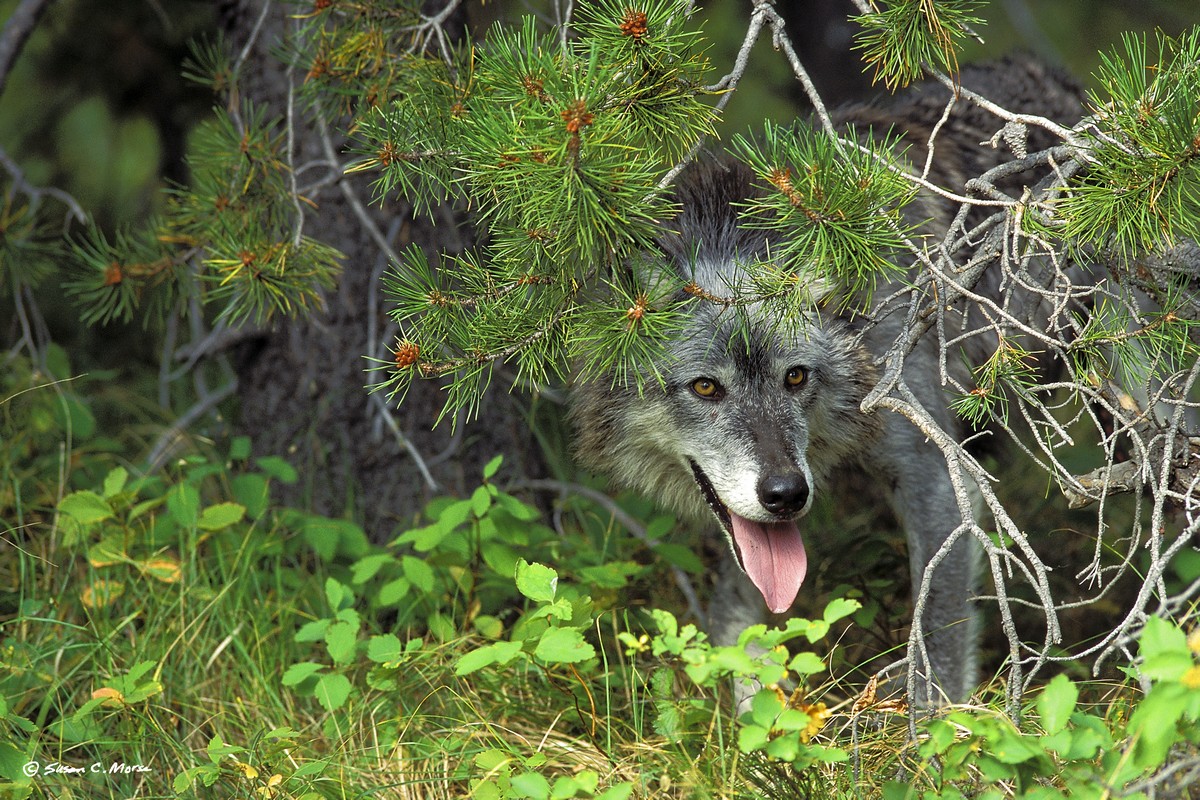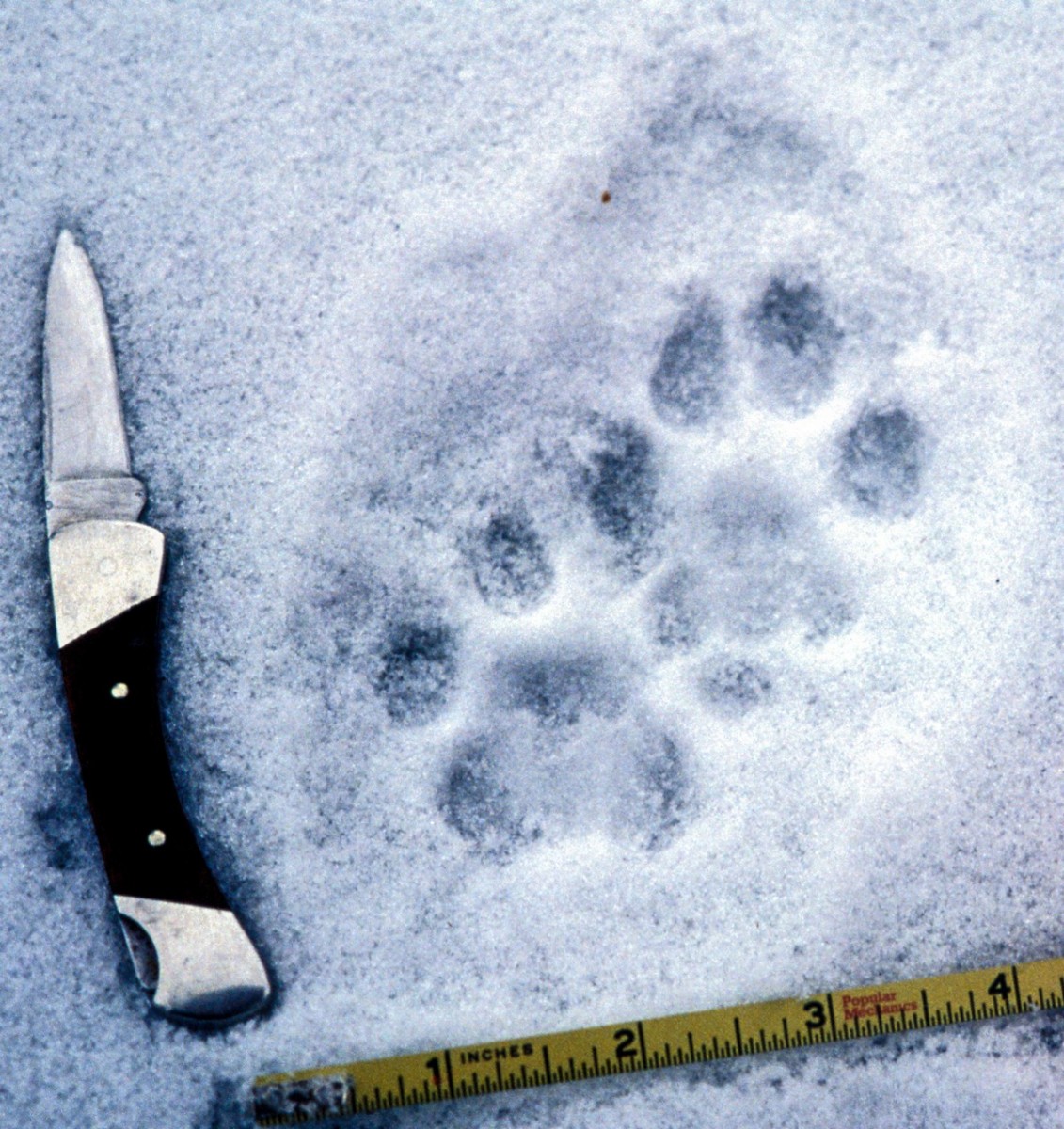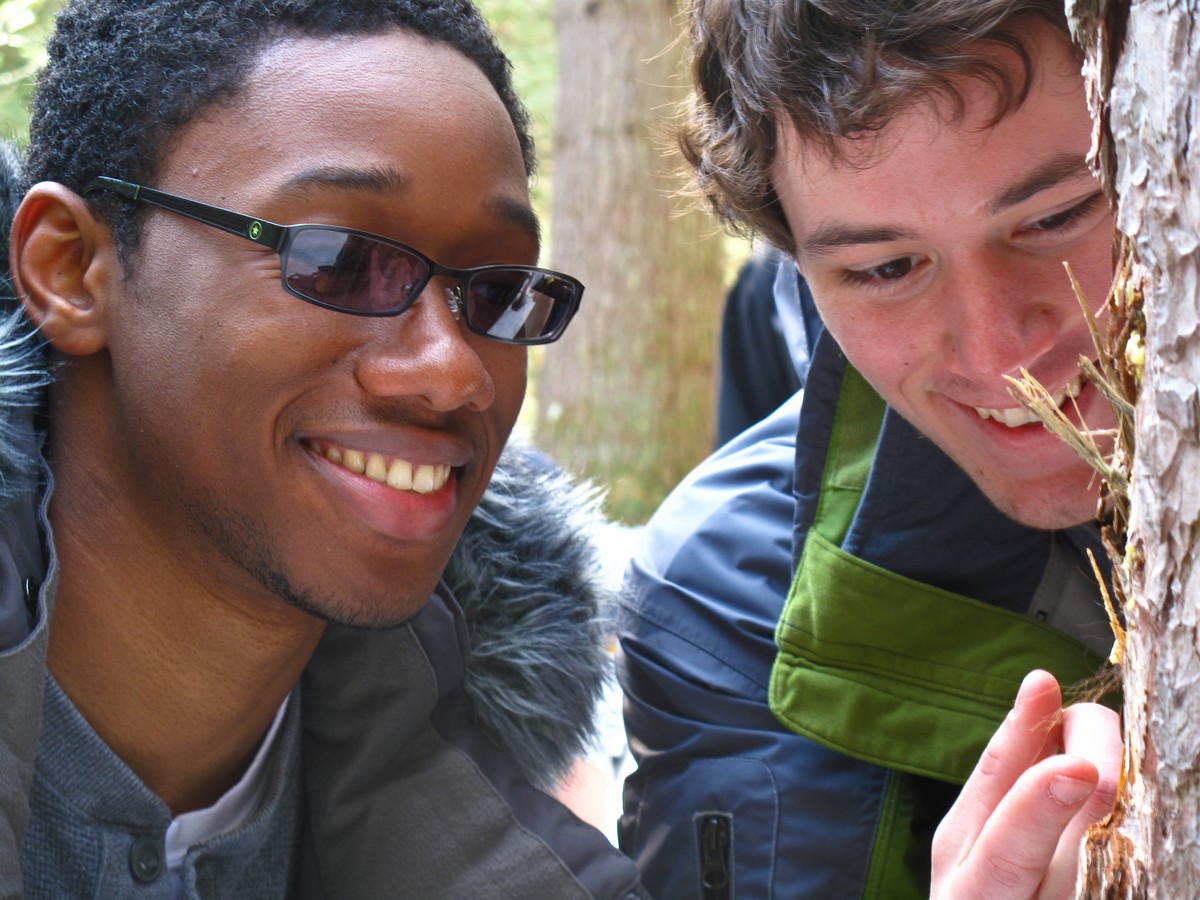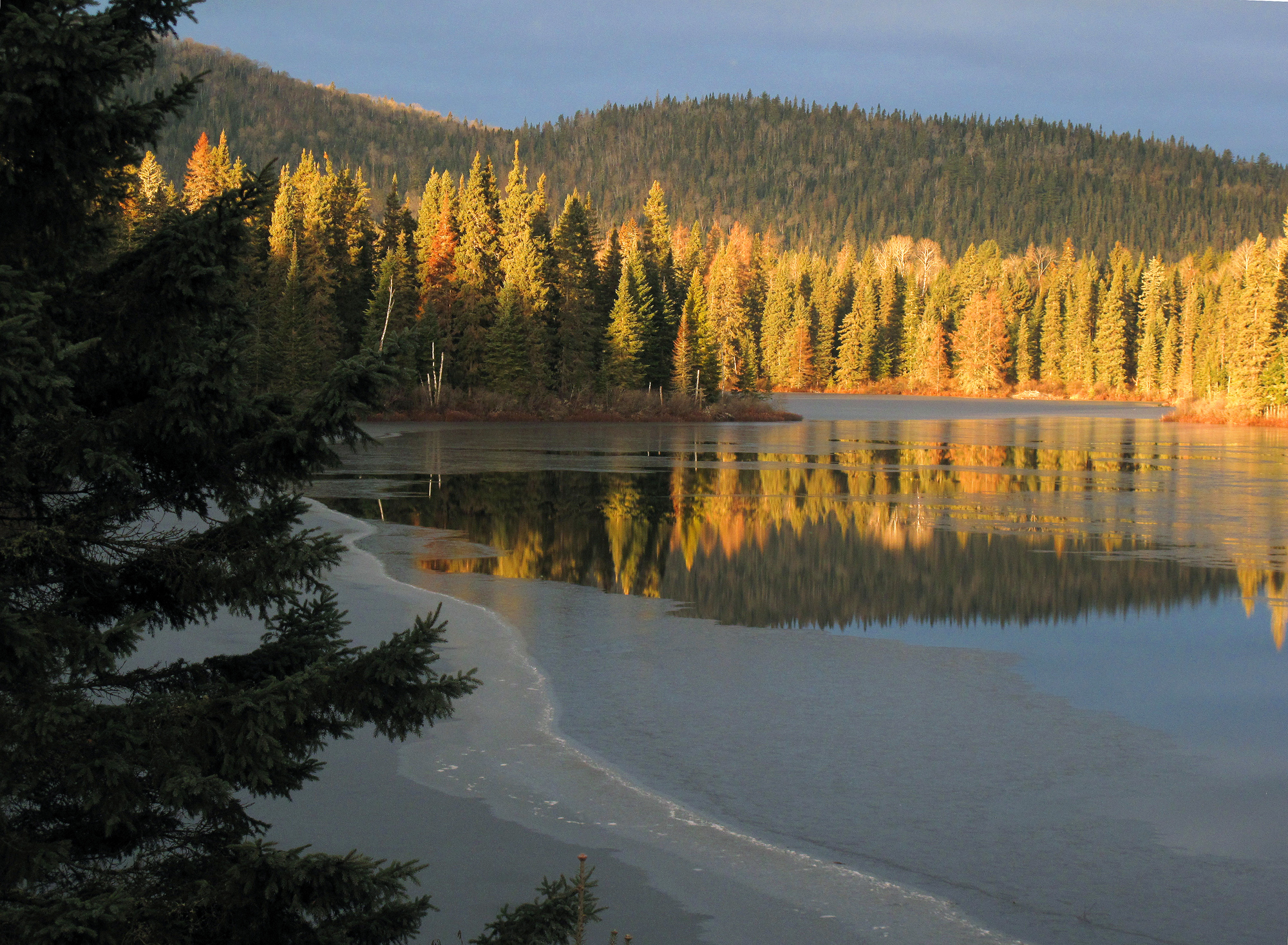 Keeping Track® is a non-profit organization founded in 1994 by Susan C. Morse, a nationally known naturalist, out of her concern that development in all its forms often unwittingly harms, isolates and even eliminates habitat critical to local biodiversity and broad-scale ecological health.
Keeping Track® is a non-profit organization founded in 1994 by Susan C. Morse, a nationally known naturalist, out of her concern that development in all its forms often unwittingly harms, isolates and even eliminates habitat critical to local biodiversity and broad-scale ecological health.
Compounding the problem, many of those responsible for protecting habitat lack the resources needed to “keep track” of the status of wildlife and habitat in their assigned areas. Sue started Keeping Track to fulfill that need. Through our programs, whole communities can become engaged in monitoring potential habitats and threatened regions.
Information starts with inspiration
Keeping Track is founded on the belief that more “boots on the ground” field research is essential if we are to successfully conserve an appropriate matrix of core and connective habitats. Our adult and youth training programs are designed to both inspire community volunteers as well as turn them into practitioners of a science-based field study methodology.
The concept is simple: Train people in the scientific protocols needed to detect, interpret, record and monitor wildlife tracks and sign so they can be used to gauge the status of wildlife and habitat in their communities. Training is available to all – professional biologists, citizen-scientist volunteers, land trust leaders, conservation planners and anyone else with an interest in searching local forests and fields for evidence to better inform land use decisions.
Wildlife data can make a difference
 Keeping Track training covers track and sign location and identification, habitat types and the ill effects of habitat fragmentation. Data can be used to document:
Keeping Track training covers track and sign location and identification, habitat types and the ill effects of habitat fragmentation. Data can be used to document:
- The presence of selected focal species that reflect the overall ecological health of an area
- The status of threatened and endangered species
- Repeated uses of specific areas that could lead to the identification and conservation of “core” or other critical habitat areas, preferred travel routes and/or travel corridors
- Positive or negative changes in the status of wildlife populations inhabiting an area, and corresponding changes in habitat size and quality
- The need for both immediate and long-term conservation planning.
Using data from Keeping Track teams, agency officials, land trusts, regional planners and local boards can put their limited conservation resources to their best use. To date, more than 40,000 acres of land in 12 states and Quebec have been conserved on the basis of evidence gathered by Keeping Track teams.
Strengthening communities
 Keeping Track monitoring programs also serve to build community. They bring together people from all backgrounds and perspectives through a shared interest in wildlife and environmental health. Our technical workshops provide even more scientific underpinning to conservation efforts. Habitats & Highways helps transportation and wildlife conservation policies co-exist. And our adult and youth training programs, and school and community presentations inspire not only potential Keeping Track volunteers but many other residents as well. For example, landowners gain from having their properties' conservation values documented as well as learning more about managing their land to better sustain and improve the habitats it supports.
Keeping Track monitoring programs also serve to build community. They bring together people from all backgrounds and perspectives through a shared interest in wildlife and environmental health. Our technical workshops provide even more scientific underpinning to conservation efforts. Habitats & Highways helps transportation and wildlife conservation policies co-exist. And our adult and youth training programs, and school and community presentations inspire not only potential Keeping Track volunteers but many other residents as well. For example, landowners gain from having their properties' conservation values documented as well as learning more about managing their land to better sustain and improve the habitats it supports.
“A new set of eyes”
Finally, Keeping Track training and monitoring provides participants with new perspectives and sources of enjoyment based on their discoveries of wildlife activity in their local environment – often in their own backyards.
As one monitoring team member noted, “Keeping Track has revealed so much of what I’ve been missing in the fields and forests near my home. That, in turn, has helped me make my kids, neighbors, friends and others appreciate the life that abounds around us as well as the need to nurture and sustain that as best we can.”
Your support and involvement are critical to bringing Keeping Track programs to more communities. Please click here to see the many ways you can help the growing number of wildlife needing protection every day.

